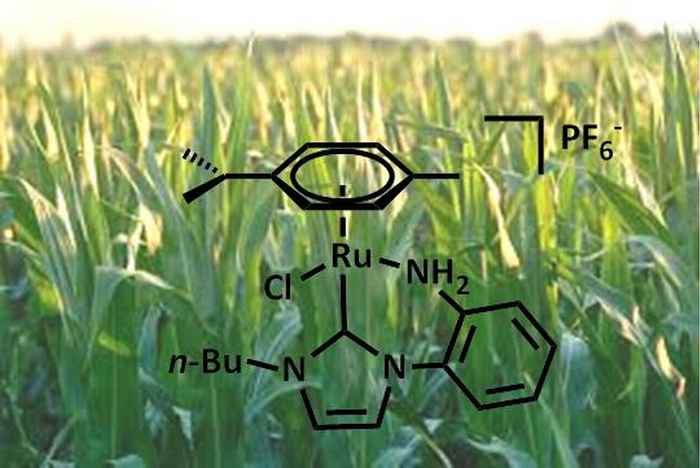The challenges for Sustainable Chemistry
New conversions need new chemistry
Initially the transition to a sustainable society will involve the efficient and clean conversion of oil, coal and gas type raw materials. As a result at first technologies are needed that enable a highly efficient use of these existing fossil resources.

In the long run, however, all products will have to be made from renewable raw materials. While fossil fuels consist of chemically simple carbon and hydrocarbons, recyclable raw materials contain mainly cellulose, proteins and lignin. To convert these chemically complex materials (i.e. rich in functional groups), very different types of chemical processes are required.
In short,
the main challenges in Sustainable Chemistry are to:
- Use the still available resources as efficient as possible, producing as little as possible waste.
- Develop chemistry to allow the transition to a bio-based economy (in which all building blocks are renewable).
- Develop chemistry to allow the production of fuel from water and sunlight.
- Develop chemistry to allow efficient production of electricity from fuels in advanced fuel cell technologies with cheap & sustainable catalytic electrodes.
- Develop low-energy routes for the synthesis of (base) chemicals.
Since the development of fundamental understanding is the crucial basis for valorisation, both are important drivers for the sustainable chemistry research.